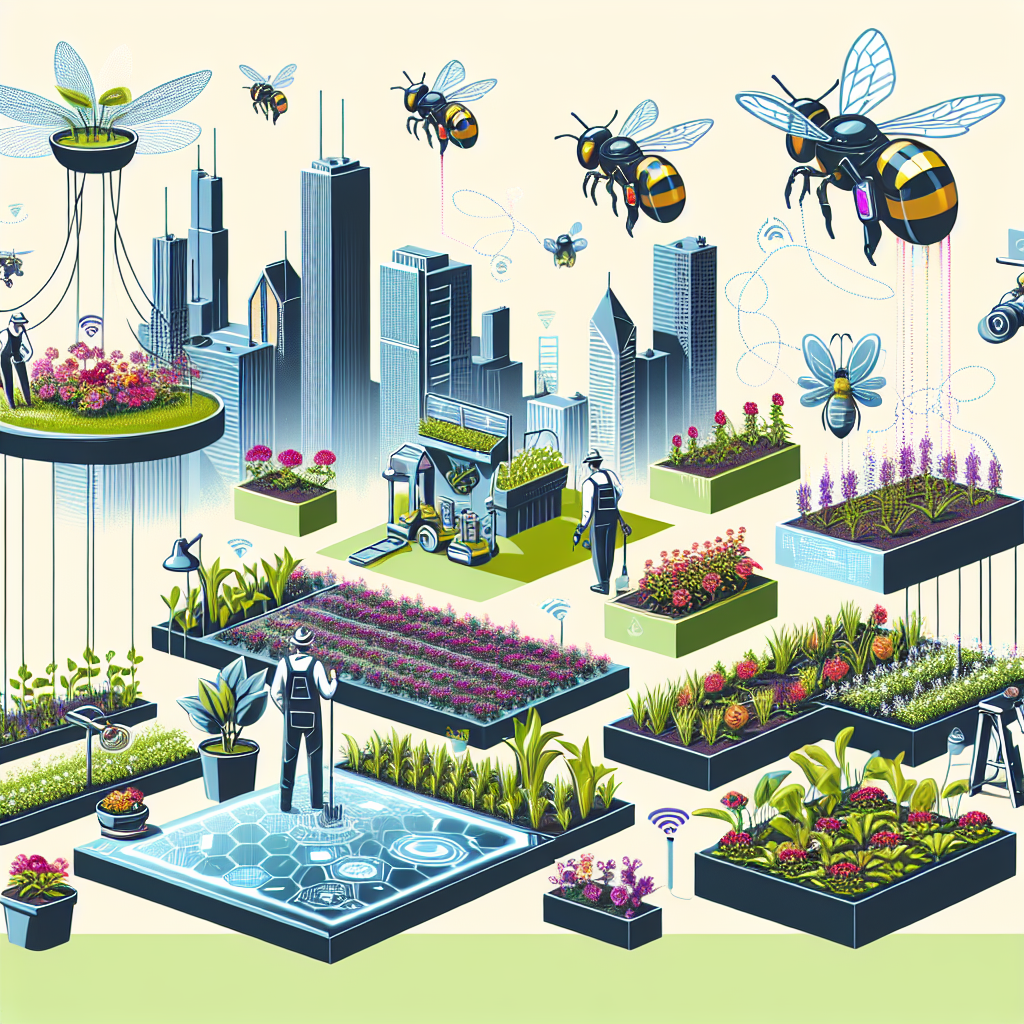The Role of Community Gardens in Chicago's Urban Environment
This article explores the importance and benefits of community gardens in Chicago's urban environment. It discusses the role of community gardens in promoting food security and nutrition, social and community connections, and environmental sustainability. The article also includes case studies of successful community garden projects in Chicago, tips for starting a community garden, insights from experts in the field, and challenges and solutions in community garden management. It concludes by highlighting the potential for future expansion and innovation of community gardens in Chicago.

Overview of Community Gardens Chicago
Community gardens in Chicago play a vital role in promoting food security, social connections, and environmental sustainability in urban environments. These gardens provide a space for residents to grow their own fresh produce, foster a sense of community, and contribute to a more sustainable and resilient food system. In this article, we will explore the benefits of community gardens in Chicago, examine successful case studies, provide tips for starting a community garden, discuss expert insights, and analyze the challenges and solutions in community garden management.
Importance of Community Gardens in Urban Environments
Community gardens are increasingly recognized as essential components of urban environments. They address various issues faced by cities, including limited access to fresh and nutritious food, social isolation, and environmental degradation. By creating these green spaces in the midst of concrete landscapes, community gardens offer numerous benefits to individuals, communities, and the environment.
Community gardens promote food security and nutrition by providing a source of fresh produce in areas with limited access to healthy food options. According to research published in the Journal of Hunger & Environmental Nutrition, community gardens contribute to improved dietary habits, increased fruit and vegetable consumption, and reduced risk of diet-related diseases. These gardens empower individuals and communities to take control of their food sources, promoting a healthier and more sustainable lifestyle.
In addition to food security, community gardens also foster social connections and community cohesion. By bringing people together around a shared goal of growing food, community gardens create opportunities for individuals to connect, share knowledge, and build relationships. Studies have shown that community gardens enhance social networks, strengthen social bonds, and improve mental health and well-being. The sense of belonging and community that community gardens cultivate can lead to increased social support and collective action within neighborhoods.
Furthermore, community gardens contribute to environmental sustainability by greening urban spaces, reducing pollution, and promoting biodiversity. These gardens combat urban heat island effect by providing shade and cooling effect, absorb carbon dioxide, and mitigate stormwater runoff. By practicing organic gardening techniques and reducing reliance on chemical inputs, community gardens also promote ecological balance and protect local ecosystems. As urbanization continues to encroach upon natural habitats, community gardens serve as important ecological refuges and conservation spaces.